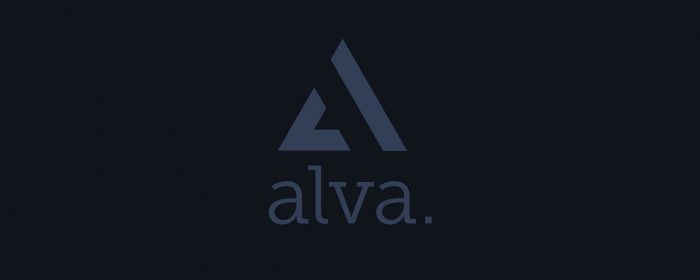E.ON surviving nuclear fallout better than RWE, but dangers still exist
When it was announced that all German nuclear reactors were to be taken offline over a period of months, E.ON chief executive Johannes Teyssen warned of serious supply shortages and the possibility of the country’s electricity grid becoming unstable because it is not designed to handle the necessary redistribution of power from renewable sources in the north of Germany to the south.
The company has maintained a positive stance over the recent months, compared to rival RWE, which announced in early April that it would take sue the German government if the courts backed its view of the initial three-month stoppage.
On 9 August RWE reported its first-half results, pointing to government decisions as worsening the company’s economic framework conditions as recurrent net income fell by 39%, driven down by costs related to the decision to phase out nuclear power.
E.ON, on the other hand, was reported at the same time to be planning to invest EUR2.6bn into boosting its renewable capacity in 2013, following EUR1bn of investment last year, despite net income falling by 77%, or over EUR3bn, to EUR948m in the first half.
This article was written by Stephen Thrift, consultant analyst at Alva and released in full on Energy Business Review.
Be part of the
Stakeholder Intelligence community







